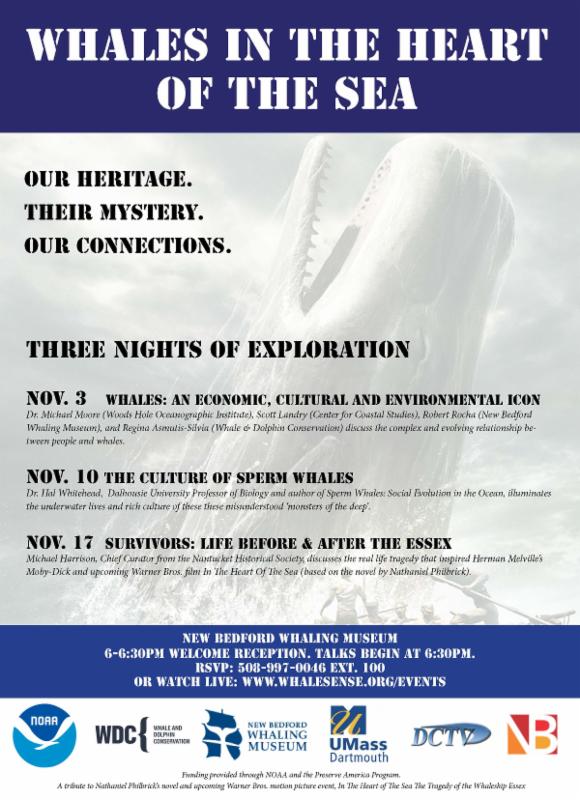January 24, 2023 — Local officials and environmentalists are trying to find out what is behind the mysterious death of 14 whales along the US east coast since 1 December.
Some are blaming the deaths on the development of an offshore wind farm in the area.
Officials, however, say they have found no evidence to suggest wind farms are to blame.
Since 2016, they have been tracking the “unusual mortality” of humpback whales along the eastern shores.
NOAA performed necropsies on about half the whales and found that of those, 40% of the deaths were caused by human interaction, either being caught in fishing gear or struck by vessels.
The most recent death of a humpback whale, which washed ashore in Maryland on 16 January, prompted a press conference by NOAA officials and the Bureau of Ocean Energy Management (BOEM), as it came amid mounting concerns a local wind farm development was to blame.

